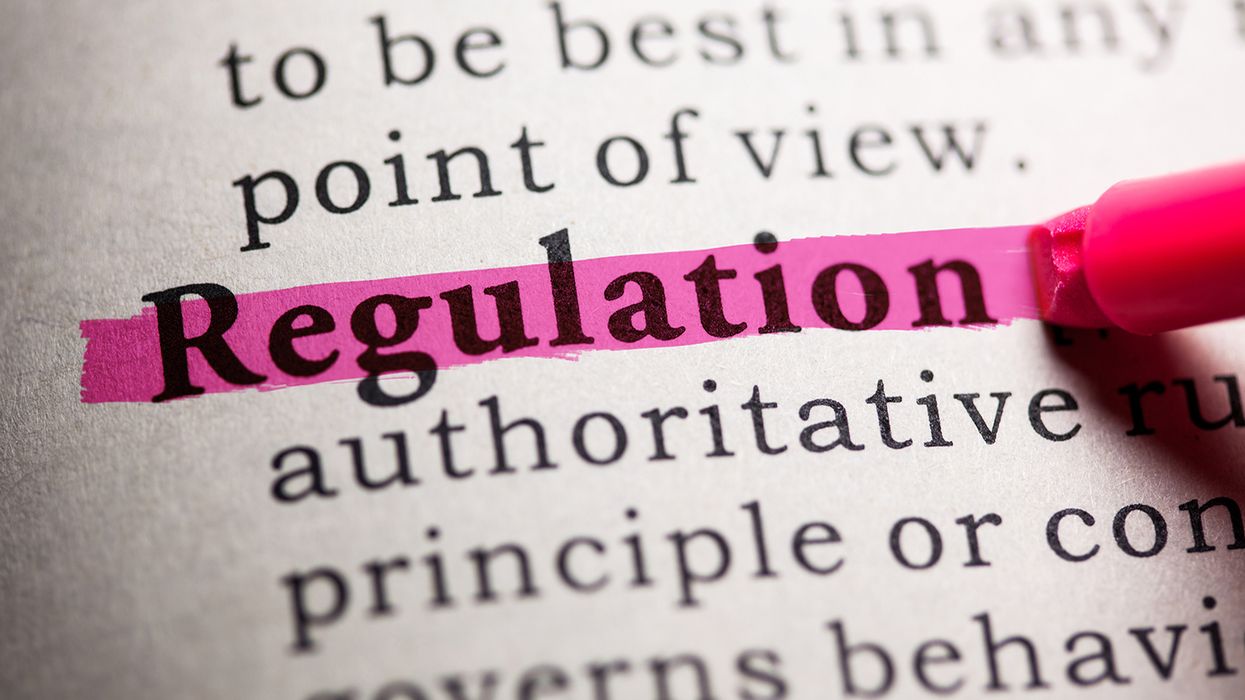Judge blocks overtime threshold rule nationwide
On November 15, a Texas federal judge stopped the U.S. Department of Labor’s (DOL) rule increasing the minimum salary thresholds for the Fair Labor Standards Act’s (FLSA) white-collar overtime exemption. This applies nationwide. The increase to $1,128 per week (equivalent to $58,656 per year) was set to go into effect on January 1, 2025, but no longer will.
The court also tossed out the salary increase to $844 per week (equivalent to $43,888 per year) that went into effect on July 1, 2024, as well as the increases that were to occur every three years. Finally, the ruling jettisoned the new salary levels for the “highly compensated employee” (HCE) exemption.
Thus, the salary threshold now returns to the 2019 level of $35,568 or $684 per week. The HCE exemption also returns to $107,432 per year.
Many employers, however, have already adjusted their payroll to comply with the July 1 increase. Rolling them back will take careful consideration.
The reason behind the decision, according to U.S. District Judge Sean Jordan for the Eastern District of Texas was “In sum, because the EAP [executive, administrative, and professional] Exemption requires that an employee’s status turn on duties — not salary — and because the 2024 Rule’s changes make salary predominate over duties for millions of employees, the changes exceed the Department’s authority to define and delimit the relevant terms.”
The DOL could appeal the decision to the Fifth Circuit, but the incoming DOL under the new administration could frustrate such attempts.
Employers must note that some states have salary thresholds that exceed the FLSA threshold, including Alaska, California, Colorado, Maine, New York, and Washington.
Key to remember: Employers can ignore the increases to the salary threshold for determining whether an employee may be exempt from overtime.























































